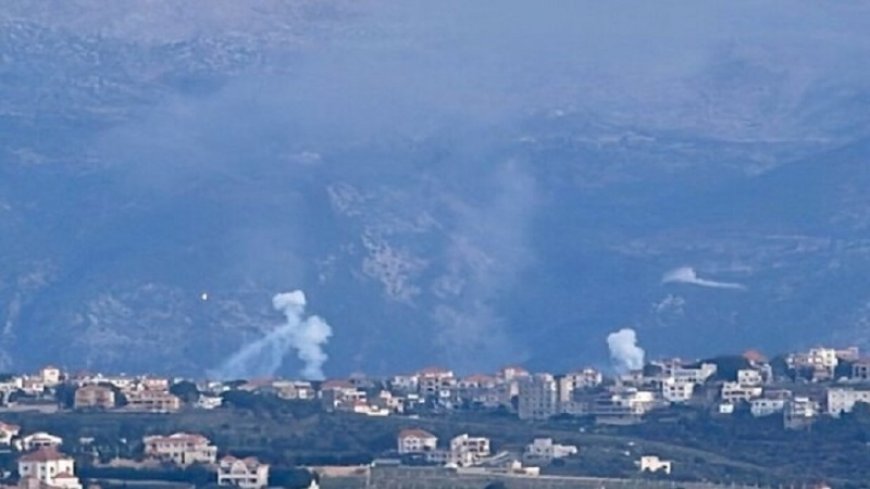The Israeli army attacked the southern regions of Lebanon with phosphorus bombs
The Israeli army targeted the areas in the south of Lebanon with phosphorus bombs.

According to Arab News, the Israeli army targeted the "Rashia al-Fakhar" settlement in the south of Lebanon with phosphorous bombs.The artillery of the Zionist regime also shelled the vicinity of the city of Shebaa in the south of Lebanon. As a result of the air attack of the Israeli army, a number of residents of the city of Merkaba were injured.
The information department of Hezbollah in Lebanon issued a statement saying: "In support of the Palestinian people in the Gaza Strip, and in response to the attack against the southern regions of Lebanon, the fighters of the Islamic resistance destroyed the Ramiya technical system of the Israeli regime with a remote-controlled missile.
Hezbollah resistance fighters with appropriate weapons directly attacked the movements of the Israeli enemy soldiers inside the "Hadb Yaron" position.
The war media of the Lebanese resistance group published scenes of an explosive drone hitting the Israeli regime's anti-drone system at the Al Abad base near the border with Lebanon.
Yesterday (Thursday), Lebanon's Hezbollah targeted the building where Zionist soldiers are stationed in the Shatula and Al-Manara settlements in the north of occupied Palestine.
With the launch of Operation Al-Aqsa Storm by the Palestinian resistance groups, Lebanon's Hezbollah has launched daily and heavy operations against Israeli regime targets in the Palestinian territory in order to engage most of the Zionist army in the north of occupied Palestine and reduce the pressure on the Gaza resistance.
Since the beginning of Hezbollah operations in northern Palestine, a large number of Israeli settlers in this area have been forced to leave their homes, and according to Zionist media, most of the remaining residents in this area suffer from mental problems.













































